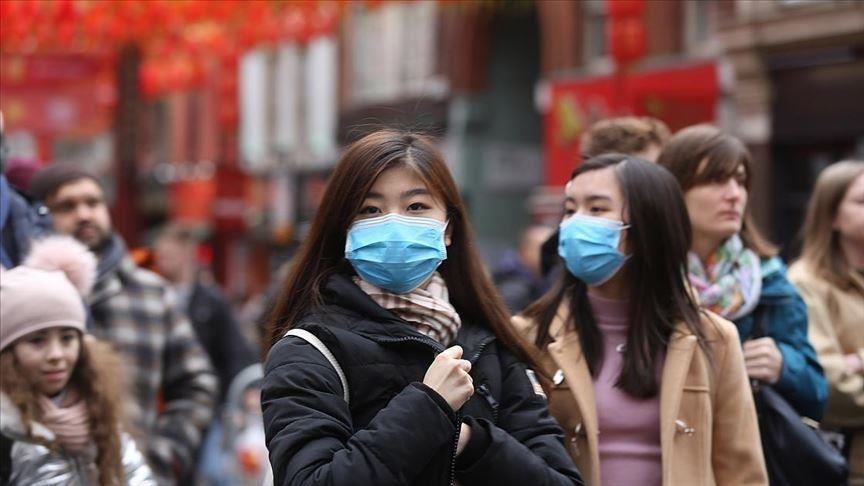Why has Shanghai reversed course on its ‘loose’ Covid policy?

Image credit: aa.com.tr
After an increase in Omicron cases, 25 million people in Shanghai are in the second week of a severe lockdown.
Shanghai has never enforced such tight regulations before; until last month, it had taken a more liberal stance than other Chinese cities.
People in the city are restricted to their homes, and the majority must order food and water from outside sources while waiting for government deliveries of vegetables, meat, and eggs.
Residents worry about food shortages and insufficient medical supplies in videos uploaded on social media.
Shanghai is experiencing its first city-wide shutdown. It had been combating rising infection rates with smaller, localised lockdowns until last month.
Individual apartment complexes, each containing several hundred people, were often closed down, rather than the entire city. For a time, it appeared that this strategy was working.
Shanghai did not enforce a full lockdown even as the number of cases reached around 1,800 in March 2021.
In December 2021, Xi’an, which has a population of approximately 13 million people, quarantined the entire city after fewer than 100 cases.
Due to just three COVID instances, the city of Yuzhou in Henan province has confined roughly 1.1 million people to their homes.
However, in late March, Shanghai began to see large numbers, with over 2,500 cases reported on March 27 alone.
The city opted to implement a staged lockdown, starting with its eastern area and then moving to its western district a few days later.
However, as the number of instances increased, Shanghai officials decided to cancel the plan to keep half of the city open. On the 3rd of April, the city was put on lockdown.
Shanghai has now eased some of the restrictions by separating the city into three zones: lockdown, regulated, and precautionary.
Areas with no new instances in a week will be labelled “control,” and if there are no new cases in two weeks, they will be lowered to “prevention.”
People in zones where there are fewer or no instances will have more flexibility, such as the ability to travel around their housing compounds.
